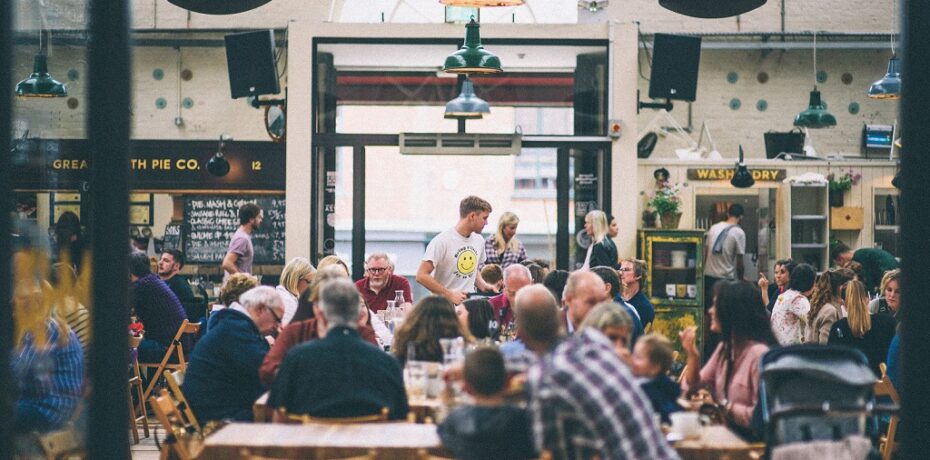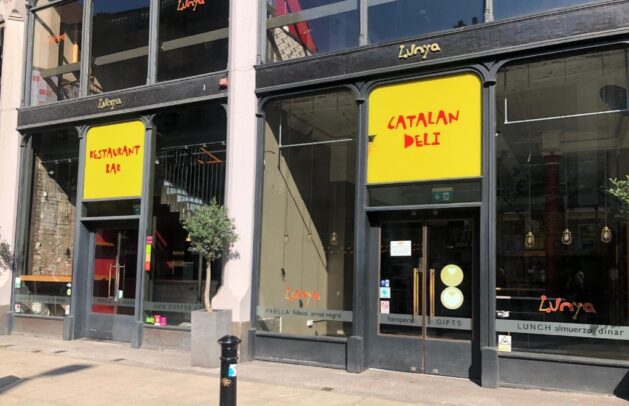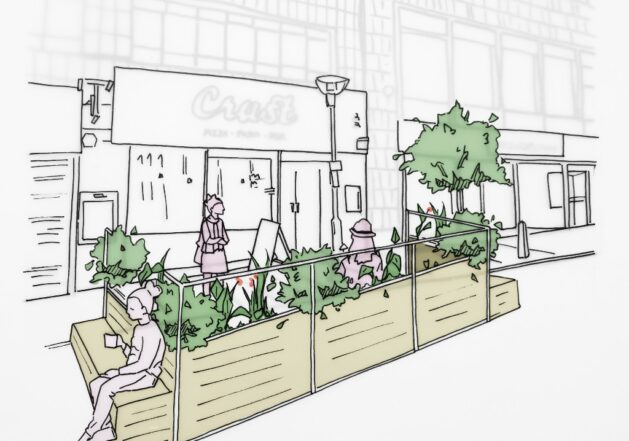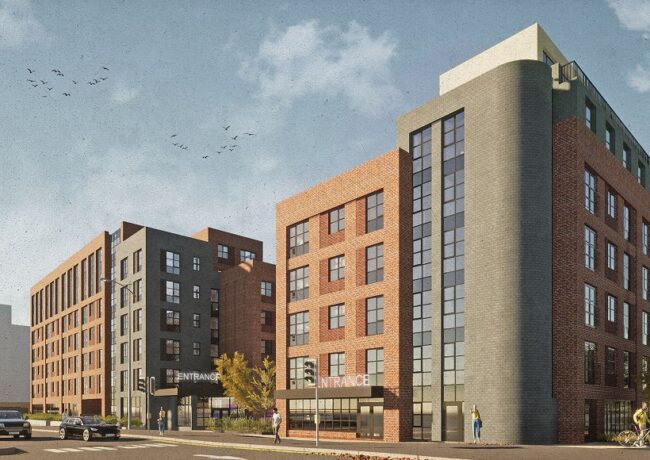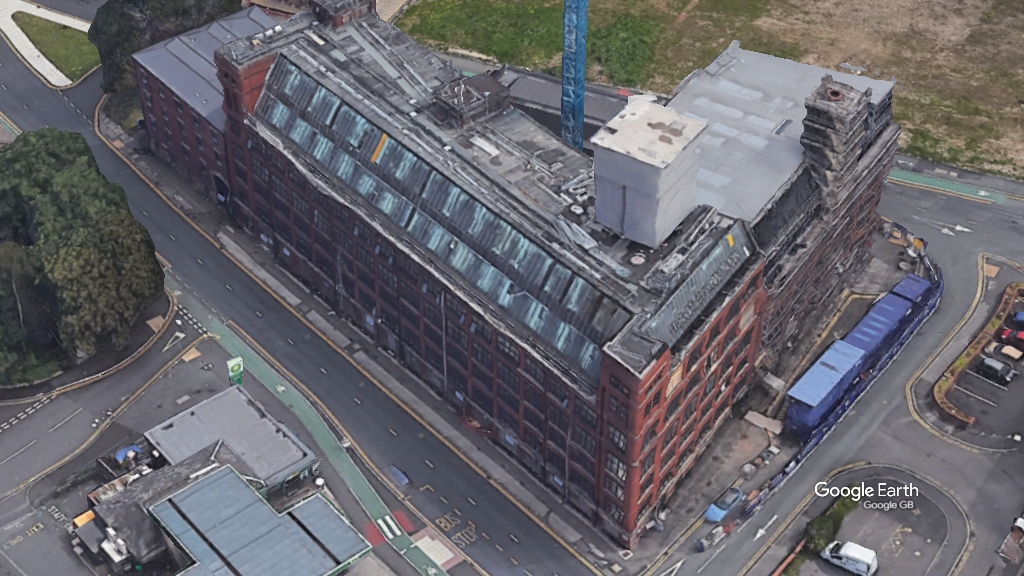IN FOCUS | Hospitality dusts itself down ahead of reopening
After months of uncertainty, Boris Johnson yesterday confirmed an end to the sector’s enforced “hibernation” by announcing bars, restaurants and hotels can reopen from 4 July, but hospitality professionals are wary despite this positive step.
A key part of the Prime Minister’s updated and long-awaited guidance was the scaling back of the two-metre social distancing rule.
Johnson shrunk the rule by a metre, allowing bars and restaurants to operate at higher capacities to boost much-needed revenues.
Attempts to reopen the hospitality sector under a the yoke of a two-metre social distancing rule would not have been feasible, according to Jake Ogden, board member of the Manchester Hospitality Network.
“The one metre rule makes a huge difference. At two metres, places would be operating at 30% or 40% capacity and companies wouldn’t break even.”
Closing the gap
Ogden is one of around two million workers from the industry that have been placed on furlough.
“The reality is that not everyone will be going back to work. There are people whose jobs don’t exist anymore,” he said.
“We are already seeing places go out of business and there will be a knock-on effect because there are so many linked businesses that are dependent on its survival.”
The relaxing of lockdown and social distancing rules will save some firms, but it came too late for Catalan restaurant Lunya, which closed its Manchester site to keep its two Liverpool operations, on Hanover Street and Albert Dock, functioning.
After the hospitality sector was locked down in March, Lunya owner Peter Kinsella predicted that the business would have run out of money within three to six weeks had Lunya Manchester reopened post-lockdown.
He believes others will be forced to do the same. “It is like cutting a piece of your body off to keep yourself alive,” Kinsella said.
“It feels like we are in a protective bubble. Our staff are getting paid through furlough and business rates don’t need to be paid, so it is like being frozen in a block of ice.”
The problem comes when those measures, designed to protect businesses, are lifted, and owners are faced with reduced trade of 20% to 60% of normal levels but still 100% of overheads, according to Kinsella. “It’s just not sustainable,” he said.
The next round of quarterly rents from commercial properties is due today, with some landlords reportedly expecting to collect as little as 10% of what they are owed by tenants.
Local support
Some local authorities have plans in place to provide a much needed boost the sector.
Liverpool City Council unveiled a £450,000 funding package for independent businesses to buy outdoor seating so customers can socially distance more easily and restaurants can spill customers out on to the street.
The council also waived the £600 fee for an outdoor licence and announced that Bold Street and Castle Street will be pedestrianised.
Bill Addy, chief executive of Liverpool BID Company and chair of the Liverpool Visitor Economy Network, said the plans could mark the start of a revolution in terms of how the city centre is used.
However, without larger events like football matches, conferences and live music, which drive much of the Liverpool’s £3.3bn visitor economy, the bars, restaurants and hotels could continue to struggle, according to Addy.
“The thought of Liverpool getting locked down because of a second spike is very worrying and very real,” he added.
Similar initiatives are being launched elsewhere, including in Macclesfield, where a group of business owners is working with local government to help support small businesses by pedestrianising parts of the town to encourage outdoor dining.
Government response
While councils are doing what they can to support their local economies, many commentators have criticised central Government over its response to concerns raised by the hospitality sector throughout the pandemic.
The 4 July date for reopening has been floating around for a couple of weeks, however the Government did not confirm the rumours until yesterday, leaving companies in limbo.
“The [Government] considers hospitality irrelevant, frankly, and they are desperately underestimating the significance it has in terms of social cohesion and community wellbeing,” said Nick Johnson, owner of food outlets Altrincham Market, Mackie Mayor in Manchester and the Picturedrome in Macclesfield.
Altrincham Market has remained open for delivery during lockdown but Johnson said it has been operating at less than 10% of pre-Covid levels.
Johnson has also been paying between £1,000 and £1,500 a week to prop up the market after agreeing to postpone individual stall owners’ rent payments.

In two weeks, an app covering all three sites will be launched so that customers can order food more easily without the need for face-to-face interaction. The decision to adapt in order to survive was taken with a heavy heart, said Johnson.
“It was not a question of wanting to participate and make ourselves a technological experience, because we have deliberately railed against that,” he said.
“We have steered away from the delivery applications, which skim typically 25% off the cost of the dish, to make sure we can retain as many employees as we can.”
Sacha Lord, Greater Manchester’s night time economy advisor agrees with Johnson and claimed that the hospitality sector has been let down by delays in Government guidance.
Nightclubs and music venues were not included in the list of businesses allowed to reopen on 4 July and Lord, founder of Warehouse Project and the Parklife festival, said he was worried about the impact this would have on such a “critical industry”.
“We have an incredibly important live music scene in the UK, and in Manchester in particular, and the current measures do little to protect it.”
He added: “We need more information on when these specific venues are likely to be allowed to reopen so that preparations can be made, and we must ensure that financial aid continues past current deadlines to give [operators] the same opportunities to recover as the rest of the sector.”
Light at the end of the tunnel
Few places in the North West rely as heavily on visitor economy as Blackpool, half of whose £3.6bn annual economy comes from tourism.
The resort is extending its famous illuminations showcase, which usually runs from September and November, by two months to make up for reduced visitor numbers and the loss of income from three bank holidays and the Easter holidays, which all occurred during lockdown.
“We were telling people not to come here because of the risk of spreading the infection. It has been a difficult time for the tourism industry,” said Philip Welsh, head of tourism at Blackpool Council.
The large number of hotels and bed & breakfasts in the town will be fighting for trade as Blackpool welcomes back tourists.
“The bigger hotels with more open space will be able to cope better in the first instance but the smaller ones are going to need help. We are working with them to get to a point where they can open viably,” Welsh said.
It has been a bleak time for the hospitality sector but Boris Johnson’s announcement, greeted with a cry of “hallelujah” in the House of Commons, signals the start of a long and slow recovery – provided a second spike in coronavirus infections can be avoided.


